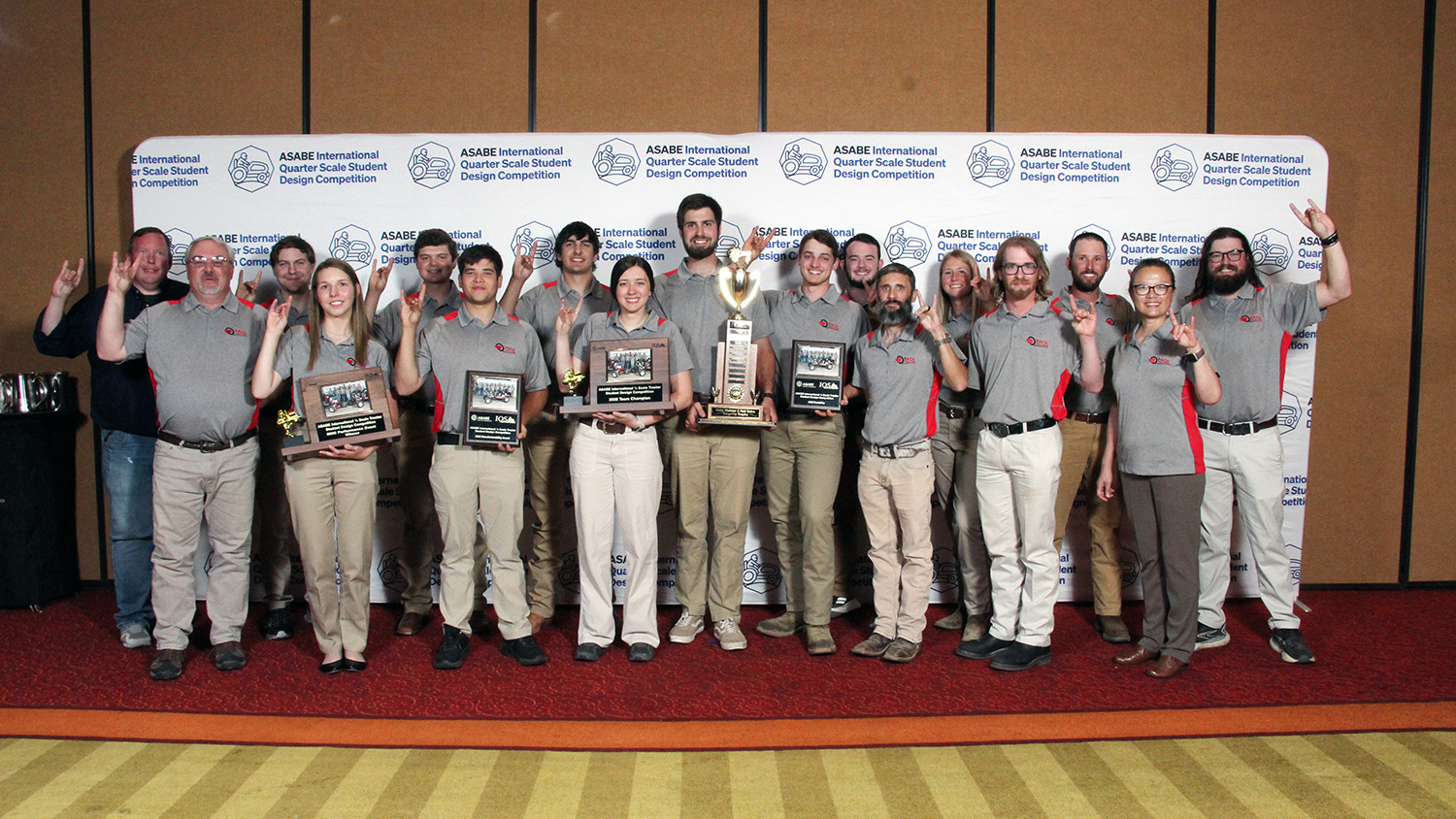North Carolina Literary Festival Reading List
The 2014 North Carolina Literary Festival will bring dozens of authors from across the nation to NC State’s Hunt Library for a weekend of readings, performances, panel discussions and more. For a taste of what’s on tap, check out these capsule reviews of just a few of the books by the best-selling, award-winning authors you’ll see at the festival.
 The Brief Wondrous Life of Oscar Wao, Junot Díaz
The Brief Wondrous Life of Oscar Wao, Junot Díaz
What kind of reader are you? Are you the kind who likes an intimate, frankly revealing narrative about the torments of adolescence, à la Catcher in the Rye? Perhaps you enjoy books by people who write about immigrant experiences, like Bharati Mukherjee, or books by Hispanic authors, like Sandra Cisneros. Or maybe you just like novels about smart people who are way too much into comic books, like The Amazing Adventures of Kavalier and Clay. If any or all of the above apply to you, then you’ll love The Brief Wondrous Life of Oscar Wao, Junot Díaz’s richly entertaining story of a chubby Dominican boy, his family and friends, and the centuries-old fukú (curse) that has afflicted an island and its children all the way down to the present day.
 The Sportswriter, Richard Ford
The Sportswriter, Richard Ford
“Life is not always ascendant.” This line from The Sportswriter could serve as an encapsulation of the novel’s themes: life is not always ascendant, and sometimes that’s your fault and sometimes it’s not, and what matters is what you do about it. In some ways the novel is just that straightforward as it follows the mostly unremarkable life of divorced sportswriter Frank Bascombe over a single weekend. He interviews a former football player, he takes his girlfriend with him on a business trip, he hangs out with other divorced men, he talks with his ex-wife. But everywhere he brushes up against the aftermath—or the threat—of loss: Frank’s young son died a few years back, and that former football player is in a wheelchair now, and the relationship with his girlfriend becomes increasingly precarious, and a divorced friend of his is not doing well in the mental health department. Ford’s observant eye and well-crafted prose lend a luminous touch to this tale of the everyday.

Z: A Novel of Zelda Fitzgerald, Therese Anne Fowler
F. Scott Fitzgerald, author of The Great Gatsby, is a household name — a fate that would have thrilled the young army officer who had yet to publish a single short story in 1918, when he met Zelda Sayre, the woman who would become his wife. Zelda was a beautiful, intelligent, talented, headstrong woman who left her Alabama upbringing behind and plunged headlong into a world of artistic salons, literary rivalries and jazz age decadence. In the process, she acquired a reputation as Scott’s wild, mentally disturbed wife, but Z sidesteps the stereotypes to tell Zelda’s story with psychological nuance and literary flair without sacrificing historical accuracy. Fowler holds a master of fine arts degree from NC State. Her deft descriptive touches and skillful evocation of the period bring Zelda to life.
 The Magicians and The Magician King, Lev Grossman
The Magicians and The Magician King, Lev Grossman
Imagine, if you will, that the wizard school in the Harry Potter books has a real-world higher-ed counterpart, an elite, secret college for magicians in upstate New York. Imagine also that one of the students who gets admitted to this school has always loved an old series of British fantasy novels similar to the Chronicles of Narnia, but set in a magical land called Fillory. This student, a teenage boy named Quentin, has always wanted to believe that magic is real because he loves the Fillory books so much. He gets his heart’s desire when he finds out that magic is real and he can do it himself. Then he finds out that Fillory itself is also real. Heart’s desire times two, right? The truth turns out to be vastly more complicated than that in The Magicians and The Magician King, the first two novels in a trilogy that provides a decidedly adult take on two classic young adult series.
 The Good Lord Bird, James McBride
The Good Lord Bird, James McBride
John Brown’s attempt to end slavery by raiding a federal arms depot in Harpers Ferry, Va., in 1859 has inspired many authors to write about it, but none have done so with the flair and panache of James McBride. His novel The Good Lord Bird is told by Henry, a slave boy swept up in Brown’s wake during nasty fighting between “Pro Slavers” and “Free Staters” in Kansas Territory. The small, smock-wearing Henry is mistaken for a girl, “Henrietta,” and he doesn’t correct the misconception, lending a surreal air to events that are already much larger than normal life. This darkly funny novel has drawn comparisons to The Adventures of Huckleberry Finn, and Henry’s rich narrative voice imparts a full-blooded humanity to a violent, absurd, important chapter in our nation’s history.
- Categories:


